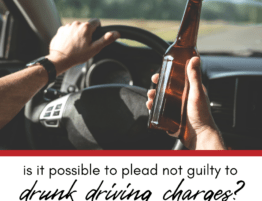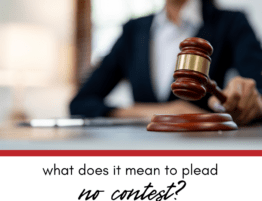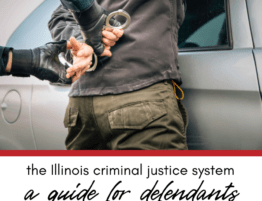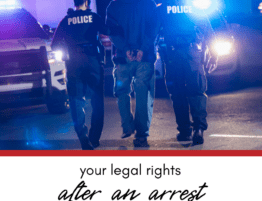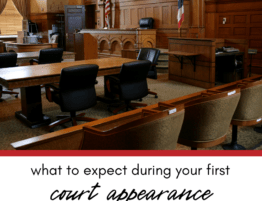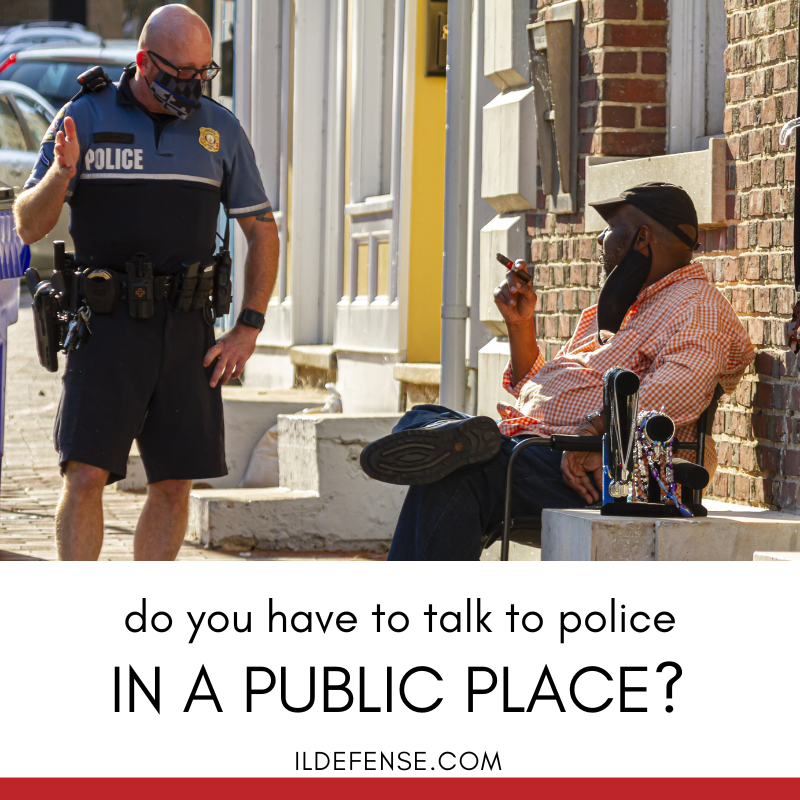
When the police stop you on the street, do you have to answer their questions? This guide helps you understand your rights when it comes to talking to the police when they approach you in a public space.
Do You Have to Answer Police’s Questions When They Stop You in Public?
First things first: You have the right to remain silent, so use it. The police may misinterpret anything you say, so unless you need help or you’re reporting a crime, you should try to avoid answering police’s questions when they approach you in public.
There’s one exception, though. If the police reasonably believe that you’re in the process of committing a crime (or that you’ve already committed a crime), you’re in a public place, and the police identify themselves as police, you may be required to identify yourself by providing your name.
The police are allowed to ask you whatever they want – but other than identifying yourself, you don’t have to answer them.
Related: Is it a good idea to refuse a breath test in Illinois?
What to Do if Police Want to Ask You Questions in Public
If the police want to ask you questions in a public place, your answers are very important. The words you say can be used against you; in fact, the things you say could even give the police an excuse to arrest you.
Remember: You are legally allowed to refuse to answer questions. However, if you refuse to answer questions, you need to know that the police will most likely become suspicious of you.
The best thing you can do when police want to ask you questions is to ask if you’re under arrest. If the police aren’t arresting you, you have the right to leave; If they are arresting you, you have the right to know why. If you’re being arrested, exercise your right to remain silent. Let the police know that you’d like to speak to an attorney and leave it at that.
Related: What does beyond a reasonable doubt mean?
What Not to Do When Police Want to Talk to You in Public
Naturally, if you’re reporting a crime or helping the police in another way, or if you’re engaging in friendly conversation, it’s fine to talk to the police. However, you shouldn’t answer their questions if they seem to suspect you of a crime, even if you have nothing to do with whatever they’re asking you about.
If the police stop you for questioning, here are five things you should never do:
- Do not put your hands in your pockets, purse or backpack. Keep your hands where the police can see them at all times. If you need to get into a pocket, purse or backpack, say, “Is it okay if I get that document out for you? It’s in here.”
- Don’t argue. Whether you’re innocent or you’ve committed a crime, never argue with the police – even when they’re wrong. Doing so may give them an excuse to arrest you.
- Do not run away. even if you’re scared, and even if you have committed a crime, don’t go anywhere. That’s because the police are likely to catch you anyway, and when they do, they’ll tack on another criminal charge for resisting arrest.
- Do not fight the police. If they tell you to turn around and put your hands behind your back, do it. If you resist – even slightly – they can charge you with resisting arrest.
- Don’t answer questions, particularly if you’ve committed a crime (but even if you’re innocent). The things you say to police when they stop you for questioning are admissible in court, and you need to know that the state of Illinois will use your statements against you. Simply tell the police that you’d like to speak to an attorney… and don’t say anything else.
Related: When do the police have probable cause to arrest you?
Do You Need to Talk to an Attorney?
If you’ve been accused of a crime, we may be able to help you – and don’t worry: It’s completely confidential. Call us at 847-920-4540 or fill out the form below to schedule your free, private consultation with an experienced and skilled Chicago criminal defense attorney now.
Contact Us
"*" indicates required fields

